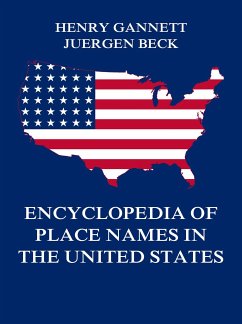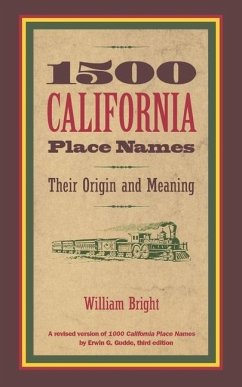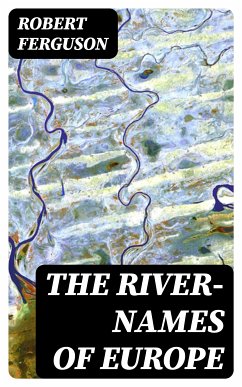
The Origin and Meaning of Place Names in Canada (eBook, ePUB)

PAYBACK Punkte
0 °P sammeln!
In "The Origin and Meaning of Place Names in Canada," George Henry Armstrong embarks on an exhaustive exploration of the etymology and significance of Canadian toponyms. Through a meticulous analysis of historical documents, Indigenous languages, and colonial nomenclature, Armstrong illuminates how place names reflect the rich tapestry of Canada's cultural and geographical landscape. The book's literary style is scholarly yet accessible, deftly weaving together narrative storytelling with academic rigor, making it an indispensable resource for historians, linguists, and geography enthusiasts a...
In "The Origin and Meaning of Place Names in Canada," George Henry Armstrong embarks on an exhaustive exploration of the etymology and significance of Canadian toponyms. Through a meticulous analysis of historical documents, Indigenous languages, and colonial nomenclature, Armstrong illuminates how place names reflect the rich tapestry of Canada's cultural and geographical landscape. The book's literary style is scholarly yet accessible, deftly weaving together narrative storytelling with academic rigor, making it an indispensable resource for historians, linguists, and geography enthusiasts alike. By situated meticulously in the early 20th-century context of Canadian nationalism and identity formation, it reflects an era keen on understanding its roots and cultural heritage. George Henry Armstrong, a prominent scholar and geographer, spent much of his life traversing Canada's vast expanses, providing him with a profound awareness of its diverse cultures and histories. His own background in both history and geography informs this work, as he sought not only to document but also to celebrate the historical layers embedded in the names of Canadian locales, thereby contributing significantly to the fields of Canadian studies and linguistics. Armstrong's book is a treasure trove for anyone interested in the intricate interplay of language, culture, and history in Canada. Whether you are a scholar, a student, or simply a curious reader, "The Origin and Meaning of Place Names in Canada" offers profound insights that deepen our understanding of this vibrant nation. Discover how each place name tells a story of its own and adds to the collective mosaic of Canadian identity.
Dieser Download kann aus rechtlichen Gründen nur mit Rechnungsadresse in A, B, BG, CY, CZ, D, DK, EW, E, FIN, F, GR, H, IRL, I, LT, L, LR, M, NL, PL, P, R, S, SLO, SK ausgeliefert werden.













